The Lost Music of Auschwitz at Bloomsbury Theatre
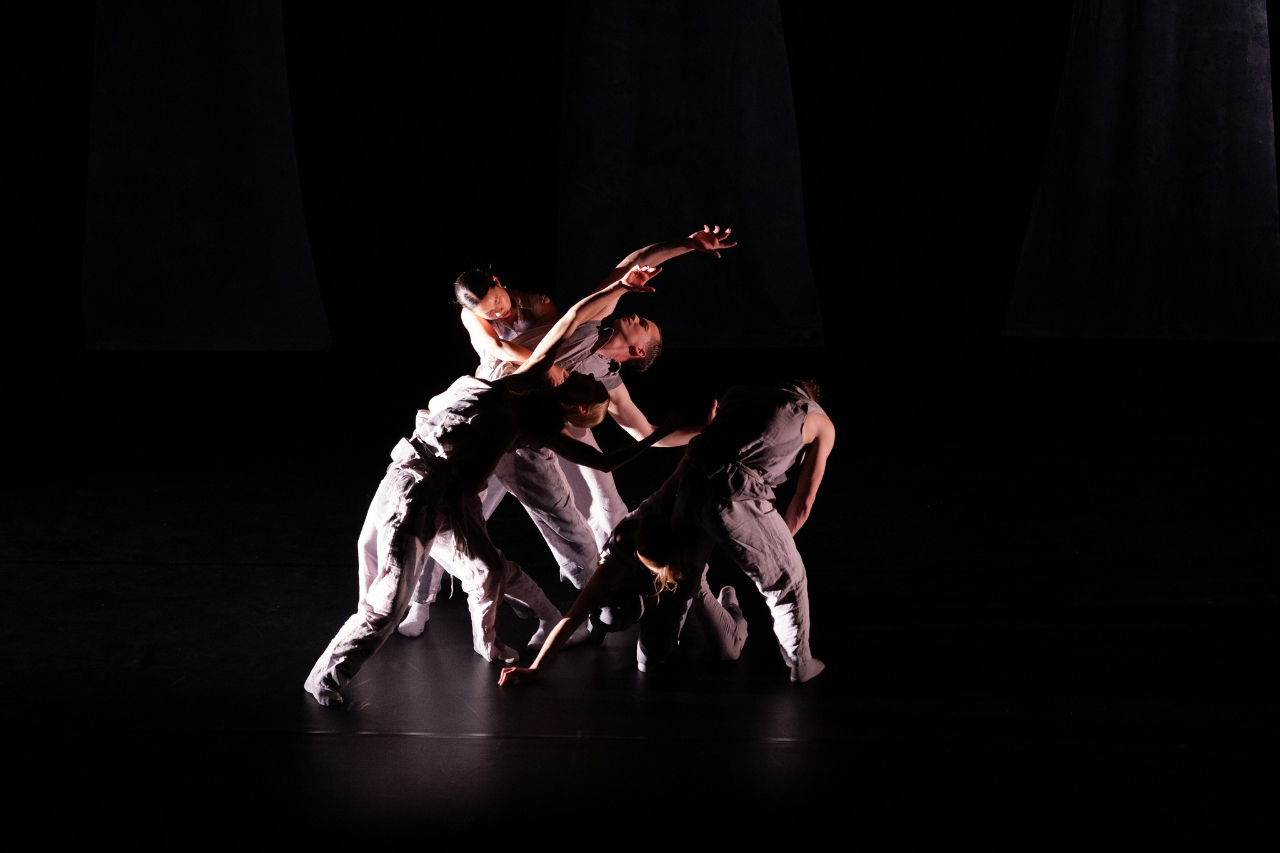
There’s always a unique enchantment to projects that are evident out-and-out labours of love; an individual’s countless hours of delving, shaping and creating, fuelled by passion and intrigue from within. The individual in question: Dr Leo Geyer, whose discovery, analysis, piecing together and sensitive completion of various fragments of sheet music created within and played from by the men’s and women’s inmate orchestras of the notorious Auschwitz concentration and extermination camp complex in Nazi-occupied Poland during World War II.
This is an extraordinary source material – a genuine and timeless insight into the experience of the victims of one of humankind’s very greatest tragedies – an extremely precious ore from which to smelt and shape a contemporary performance. The medium for the presentation of these fragments is very well considered. An opera-ballet with live orchestral ensemble offers a variety of avenues for expression, and the form – a series of vignettes, varyingly presented, rather than any attempt at an overarching narrative – is sensitive in its non-necessity of undue manipulation of the music itself.
So, The Lost Music of Auschwitz is an exceptional piece of art. Its performance is necessarily complex and, resultantly, not flawless, but there is an unquestionable commitment to and love of the project evident throughout the company, consisting of invariably accomplished performers. Some complicated blocking blemishes could be ironed out, but Constella Music’s 12-piece orchestra was nevertheless impressively agile in its movement, shaping and rearrangement about the stage. A company of six dancers convey the intelligent choreography of Claudia Shreier, and vocalists Caroline Kennedy and Ed Ballard flit between characters in the mini scenes and Greek choruses to proceedings. A special mention goes to Kennedy’s soulful performance of Geyer’s wonderful arrangement of a lyricised version of Chopin’s Tristesse Etude, fashioned, almost unbelievably, from kernels of memory from individuals who actually remember playing and hearing such a work within the camp, rather than from any fragmented written material.
The Lost Music of Auschwitz is a deeply moving, rich and devastating work to witness, a real piece of art born of an extraordinary source. The tallest of orders, though it may be, this performance does absolute justice to the memory of those who played and listened to it.
Will Snell
Photo: @appleandbiscuit
The Lost Music of Auschwitz is at Bloomsbury Theatre from 3rd until 7th June 2025. For further information or to book, visit the theatre’s website here.

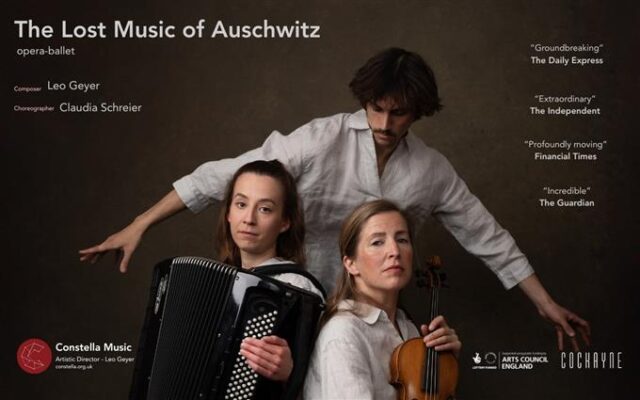
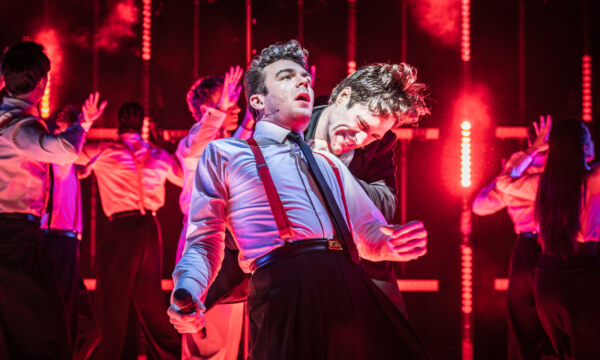
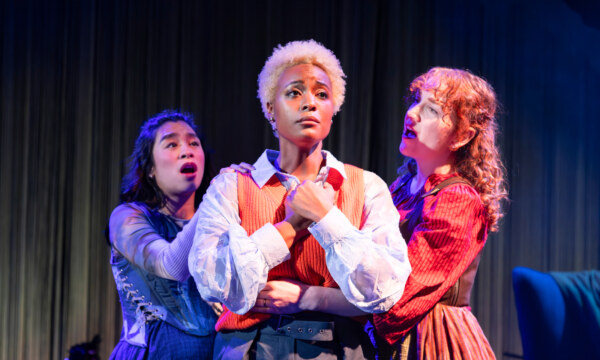
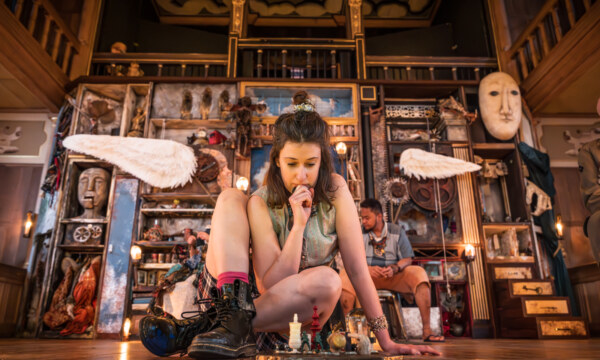
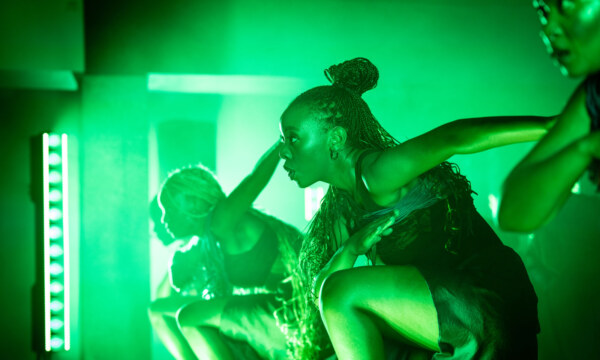
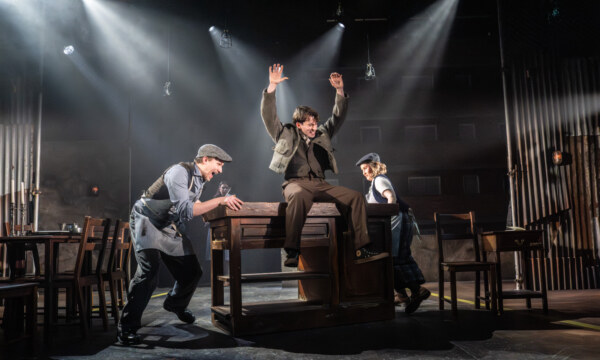
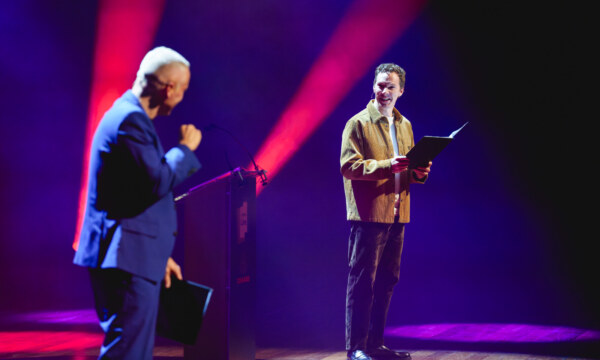
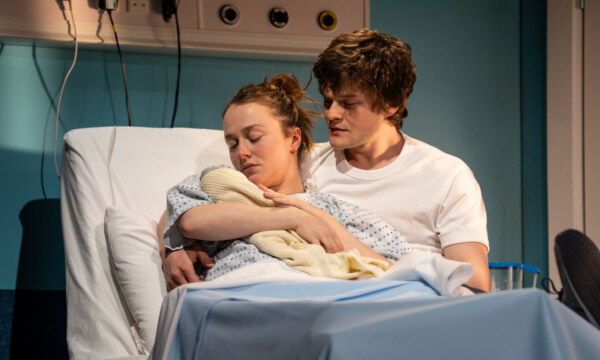
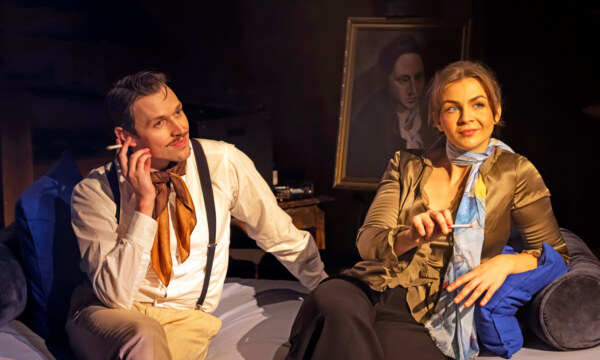




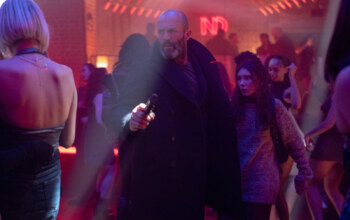
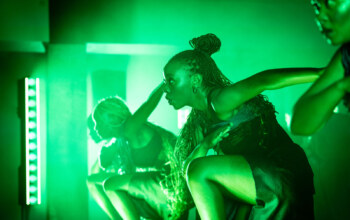




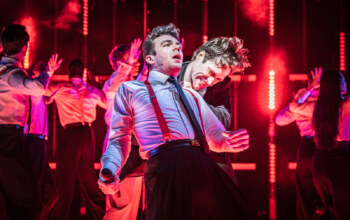


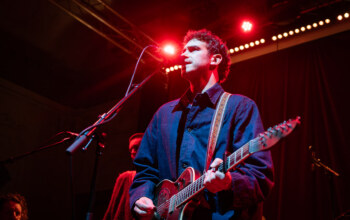
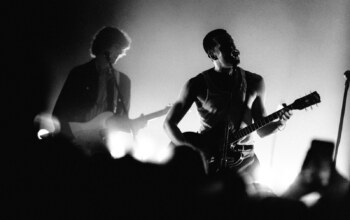
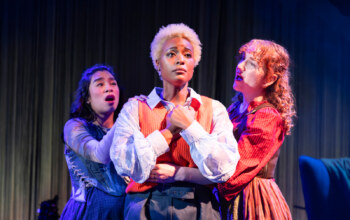
Facebook
Twitter
Instagram
YouTube
RSS